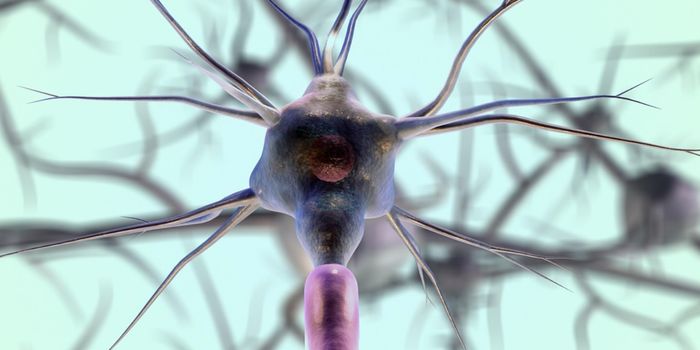Singing to Babies Boosts their Mood and Mental Well-being
Singing to babies can significantly boost their mood, found a new study in Child Development. The findings support singing as a safe, easy, and free way to improve mental well-being among infants.
Research shows that caregivers universally sing to their infants throughout the course of child-rearing and that infant-directed singing is effective for regulating short-term infant mood and arousal. Until now, however, only a few longitudinal experiments have tested the potential for singing as an enrichment intervention.
In the current study, researchers recruited 110 families and their babies, mostly under 4 months old. They were randomly split into two groups: an intervention group in which parents were encouraged to sing to their infants more frequently by various means like teaching parents new songs and providing karaoke-style instructional videos and a control group. The control group received an identical intervention in the four weeks following the initial experiment.
Over four weeks, parents filled in surveys sent to their smartphones at random times throughout the day to record infant mood, fussiness, time spent soothing, caregiver mood, and frequency of musical behavior.
Ultimately, the researchers found that increased singing was linked to measurable improvements in infants' overall mood compared to the control group. They further found that improved mood was found in general, and not just after singing. Parents tended to use singing in one situation in particular: to calm their infants when fussy.
"Every parent knows that the mood of an infant affects everyone around that infant. If improvements to infant mood persist over time, they may well generalize to other health outcomes," principal investigator of the study, Samuel Mehr, an adjunct associate professor at the Child Study Center at Yale University, said in a press release.
While the researchers did not see improvements in caregiver mood over the study period, they are interested to see whether singing could help relieve stress and conditions like postpartum depression in the long-term.
Sources: Science Daily, Child Development









